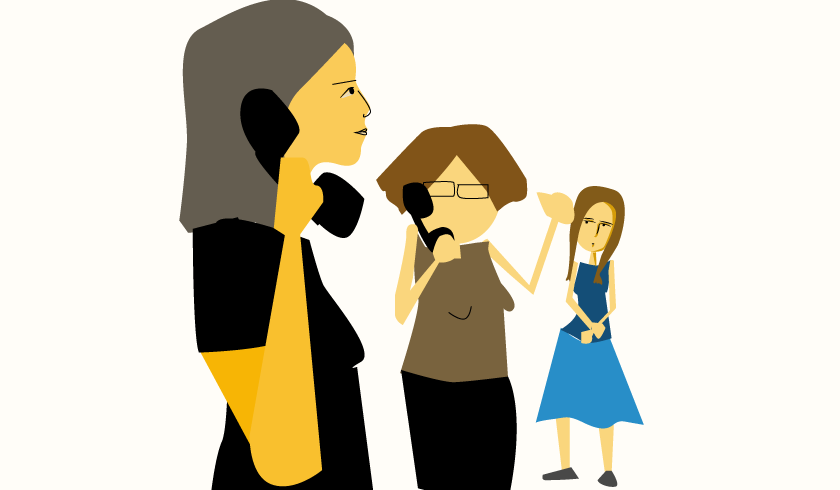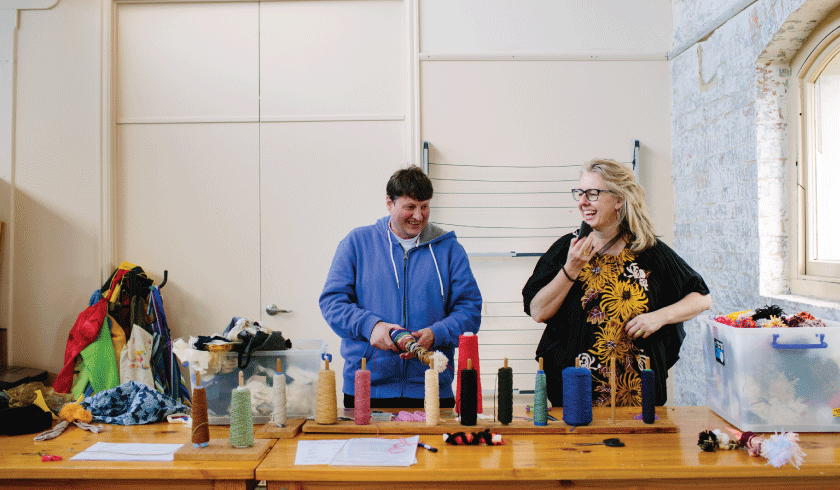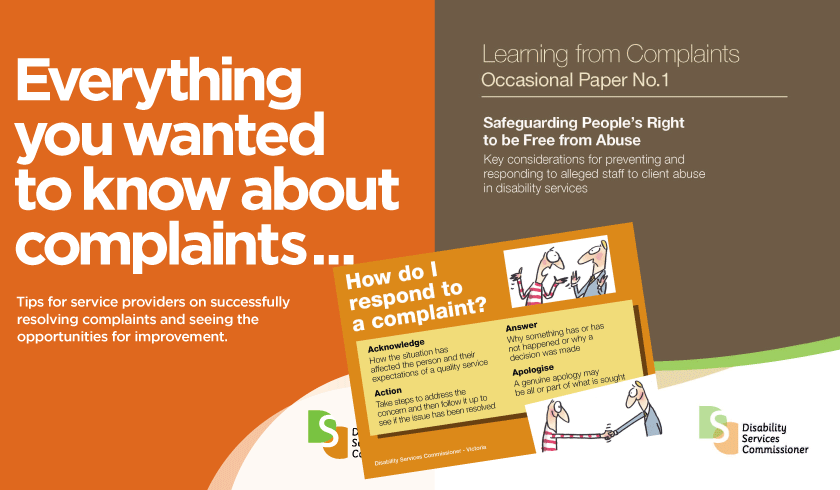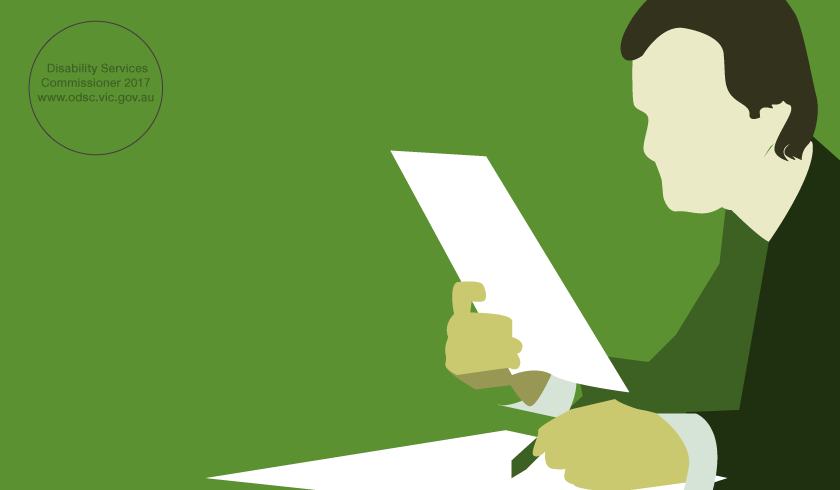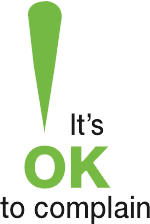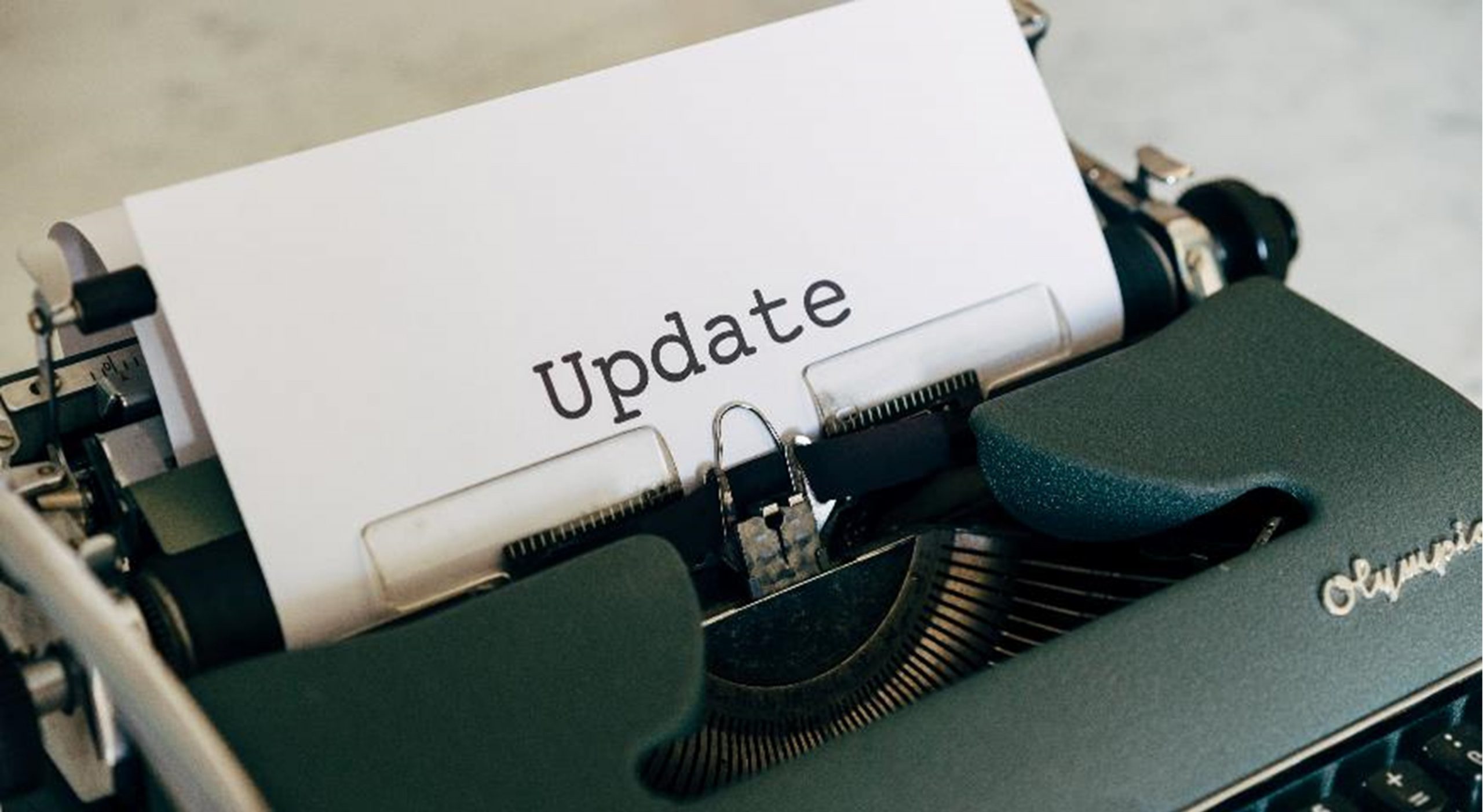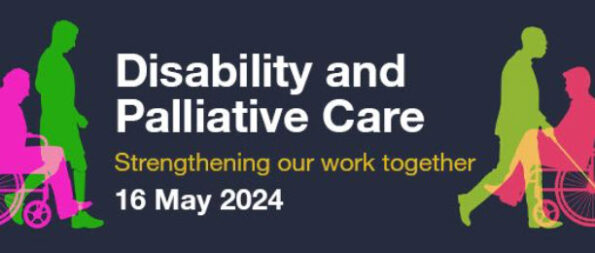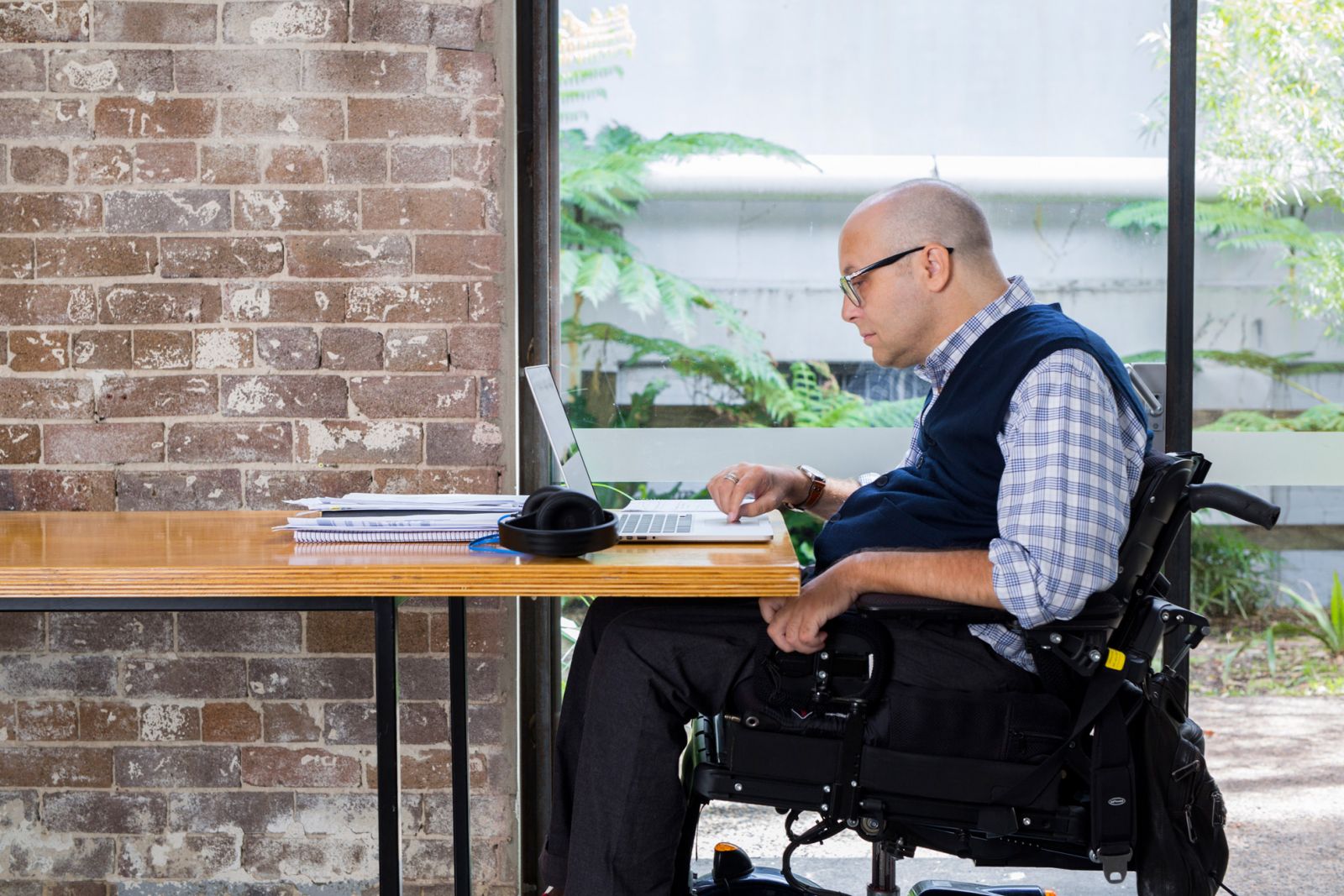To assist the sector in preventing and responding effectively to abuse and neglect, we are working across key areas:
Building Safe and Respectful Cultures: a pilot research project
We have completed a pilot participatory research project, ‘Building Safe and Respectful Cultures’, to test an ‘Early Indicators of Concern’ tool across various disability support settings.
The goal is to build an evidence base and then share the findings with the broader disability sector.
The pilot research project involves three disability service providers that support people with an intellectual disability or Acquired Brain Injury using a multi-level approach to addressing early indicators of concern that includes:
- training staff and families on indicators of concern
- conducting music workshops to promote positive and equal communication and a shared sense of community
- upskilling staff to provide effective supervision.
The findings of this research will be shared across the sector in collaboration with people with disability.
Find out more about ‘Building Safe and Respectful Cultures’.
Back to top
Royal Commission into Violence, Abuse, Neglect and Exploitation of People with Disability
In late 2019 the Royal Commission into Violence, Abuse, Neglect and Exploitation of People with Disability held hearings in Melbourne. At these hearings the former Disability Services Commissioner Arthur Rogers provided a written statement and was questioned by the Commission. A Plain English summary of his statement is now available here.
In 2020 we also developed a written submission for the Disability Royal Commission. To develop this submission we have drawn on what we have learnt throughout the years we have been operating. There are four big ideas that are covered in the report:
- There needs to be changes in how everyone thinks about people with disability.
- Disability service providers need to be better at providing different ways of supporting people and have trained staff who can provide safe and great homes and services.
- There needs to be somebody responsible for watching the disability workforce to make sure violence, abuse, neglect, and exploitation does not happen. They need to listen and respond to complaints.
- All of the Australian community need to work together so people with disability have housing, health care, education, employment, and justice.
You can view a copy of our submission here:
We have also produced a summary of the long report written in Plain English for everyday people to understand. You can view a copy of this report here:
We look forward to the Disability Royal Commission recommendations and the necessary changes required to promote a more inclusive society that supports people with disability to be independent and live free from violence, abuse, neglect and exploitation.
Drawing on our expertise and data, we also collaborate with other sector organisations on projects that support people with disability to live a life free of violence, abuse and neglect. Organisations we work with include:
-
-
- Victorian Skills Commissioner
- Lifeline Australia
- Women with Disabilities Victoria
- National Disability Services (Victoria)
- Future Social Service Institute
- SCOPE
- VALID
- Action on Disability within Ethnic Communities (ADEC)
- Balit Narrum
- Family Safety Victoria
- NDIS Quality and Safeguards Commission
Collaboration examples
We are working with the Future Social Services Institute on their Certificate III and IV Disability Support Worker course, sharing our knowledge of complaints and abuse prevention.
We supported the development of the accredited course Introduction to the NDIS through the Victorian Skills Commissioner Project Steering Committee. Launched on 15 June 2018 exclusively within TAFEs, the course will ensure students gain the requisite entry level skills, knowledge and understanding to work effectively alongside NDIS participants, including the importance of recognising and responding appropriately to violence, abuse, and neglect.
We have provided significant input on the Family Safety Victoria (FSV) Inclusion and Equity Blueprint and joined FSV’s Diverse Communities and Intersectionality Working Group. We work with FSV to deliver sessions on the issues and barriers faced by people with disability who are trying to access the broader system. We have also advised on their risk management frameworks and ways to establish inclusive processes in their Victoria-wide safety hubs.
We have joined Women with Disabilities Victoria’s advisory group to develop Our Right to Safety and Respect. These are guidelines for developing resources with women with disabilities about safety from violence and abuse, which also include a video resource and video guide developed by and for women with disabilities.
We are working with SCOPE on their Speak Up and Be Safe from Abuse project that has developed tools and resources to support people with complex communication needs to report abuse, and to build capacity of service providers to support people who have experienced or are at risk of abuse. The group investigated the suitability of the current training package and toolkit for children and their caregivers.
We have worked with the Lifeline DV Alert program team to ensure their accredited training is relevant to the broader disability sector. We delivered a keynote address to their national trainers on how to include both a gender and ableism lens to their work and why this was important.
Back to top
Education and information
Our outreach into the community includes education and information on how people with disability, family, friends or support workers can access our services to address issues of abuse and neglect.
In September 2017 we held a forum on best practice in abuse prevention and response. More than 400 people across Victoria attended the Preventing and responding to abuse and neglect: guidance for Victorian disability service providers forum.
With more than a dozen speakers, including people with a disability, service providers and sector specialists, we covered:
• early indicators of concern for people with learning disabilities
• strategies for preventing abuse and neglect
• approaches for safeguarding the rights of people with a disability without a guardian
• international perspectives on safeguarding
• the role of Victoria’s disability workforce in responding to abuse.
A popular session was Lyn Rowe’s, who spoke about ways that support workers can make people feel safe in a service. Touching on issues of respect, control, inappropriate behaviour and best practice in responding to abuse, Lyn reminded us of a critical component of preventing and responding to abuse: “see the person, not the disability”.
Back to top
